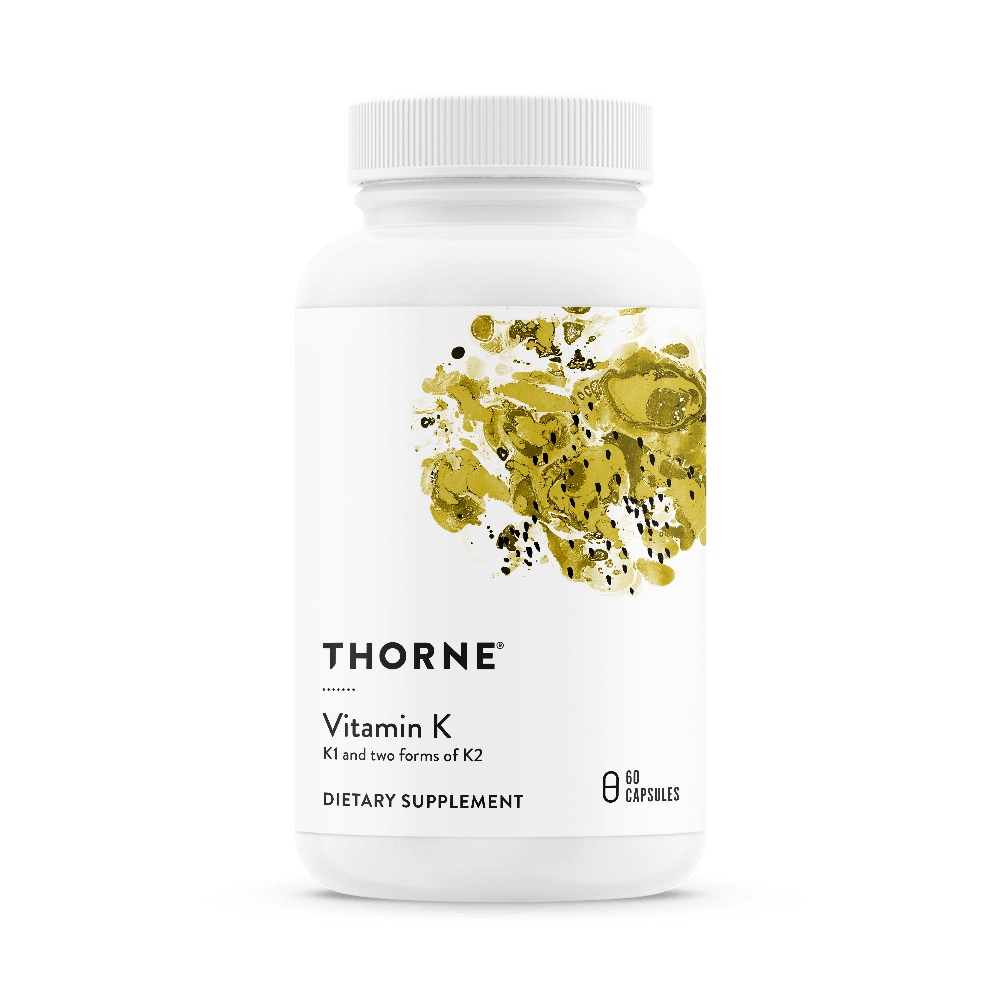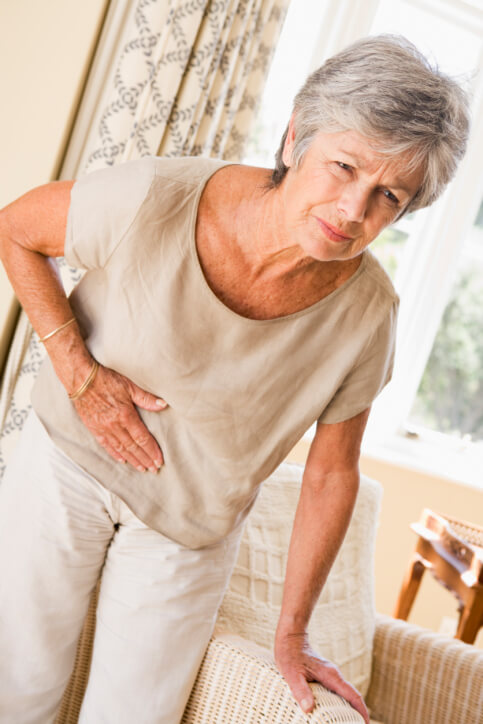polishcel
6'4 T50 Dinarid nigger
- Joined
- Oct 7, 2023
- Posts
- 803
- Reputation
- 989
Not so long ago, I've found this interesting article (medical studies at the bottom): High Dose Vitamin K2 Builds New Bone
"Vitamin K2 has been shown, in preclinical studies, to promote:
I became very intrigued.
The guy who wrote this is a doctor, you can learn about him on one of the pages. I strongly recommend to read the whole thing and research even more but I'm going to copy and paste the most important stuff. Info on the terminology:
Osteocalcin
Osteoclasts
What Does K2 Do?
• 1. Activates proteins responsible for calcium and phosphorous
deposition in bones and teeth
• 2. Directs childhood and infant growth by preventing premature
calcification of cartilage and bones
• 3. Plays an important role in reproduction. Sperm has high levels of
osteocalcin, dependent on K2
• 4. Activates proteins that cells are signaled to produce by Vitamins A
and D (This is where osteocalcin and bone growth comes in)
• 5. Protects mouth, teeth and gums in saliva
• 6. Protects against calcification and inflammation of blood vessels
and the accumulation of plaque
• 7. Helps make myelin sheath of nerve cells, improving learning
• 8. Essential for proper facial development with full arch and less
crowded teeth.
• 9. Dramatic insulin effect through osteocalcin activation
Other Effects of K2:
• Inhibits Osteoclasts
• Stops bone breakdown so osteoblastic (building up) activity
can catch up
• (Kameda et al Vit K2 inhibits osteoclastic bone resorption by inducing
osteoclast apoptosis. Biochem Biophys Res Commun 1996 March 27,
220(3):515‐19)
• MENOPAUSE: Estrogen levels drop
• Osteoclast activity rises
• IL‐6 rises – which stimulates MORE osteoclasts
• Chew up more bone
• K 2 reverses the IL‐6 increase and the osteoclast increase
• MK‐7 reverses menopausal bone density changes
How Much K do we Need?
• Current American dietary advice doesn’t distinguish between
K1 and K 2– which makes the advice incomplete.
• Most folks have K1 function fully and completely activated,
with dramatic shortfalls in K 2
• European Consensus Meeting 2004: We need new guidelines
for K2 (Europ Jr Nutr 2004 p 325)
• Rotterdam Study: J Nutrition. 2004 p 1171: 57% risk
reduction for death from heart attack with top third of MK4
and 25% all cause mortality reduction: top to bottom third
comparisons
Cancer:
• EPIC study from Europe:
• 24,000 men and women from ages 35‐64 followed for 10 years.
1,755 cases of cancer developed, 458 died from it
• Results: independent of all other variable
• Highest K 2 level had 30% less cancer risk
• Dietary intake of MK‐4 was more strongly inversely associated with
fatal cancer than cancer incidence
• Fruits and veges are also strongly protective, and they have lots of K 1
in them. But K1 showed no benefit. Only K 2
• Source of K2 in Europe?........ (Not natto)
• Cheese, grass raised cows
• Nimptsch et al Vit K intake in relation to cancer Am J Clin Nutr 2010,
91(5):1348‐58
• Prostate Cancer: same finding. Cheese had more MK‐7 and lowered
risk of aggressive cancer. Nimptsch et al Cancer Epidemiol Biomarkers Prev 2009, 18(1):49
Fertility:
• Male sperm counts have been decreasing by 1% a year for
decades in Western countries
• Male infertility is now common (Dindyal Int J Urol 2004, 2(1))
• In Men and Women: sex hormones play a critical role in bone
density. They spike in puberty, as does bone density
• Women lose 25% of bone mass with menopause
• In Men, osteocalcin induces the production of testosterone
• Mice: osteocalcin deficient males have 60‐80% lower T and
have smaller litters and less frequent litters
• Osteocalcin binds to testicular Leydig cells, where T is made
Kidney Disease:
• K2 deficiency is common in chronic kidney disease
• Increases as kidney disease progresses
• Blood vessel calcification progresses as well
• (Holden et al Vit K and D in chronic kidney disease Clin J AM Soc Nephrol
2010 Apr, 5(4):590‐97)
• Renal “osteodystrophy” also progresses, a distinct form of
osteoporosis that also has density loss
Facial Shape:
• Considered the most significant finding of Weston Price’s work
• Price’s findings showed that indigenous cultures with pre‐
western foods had broad faces, stronger jaws, never needed
to have wisdom teeth extractions or braces
• Indigenous societies had special food for young couples
planning on having babies: often eggs, fish eggs
• Price never got past “Activator X”.
• All starts with nasal cartilage. It is rich in MGP protein in the
fetus. With no K2, it is not activated and premature
calcification stunts the growth of the face resulting in
underdevelopment of middle and lower third of face
• Howe et al Vit K‐its essential role in craniofacial
development: a review Austr Den J 1994, 39(2):88‐92
People who eat a diet full of K2 have great dental health:

This is an xray of two sisters:

What is the difference? The mother recieved K2 supplementation during pregnancy BUT only with the girl on the right.
I suggest you draw your own conclusions.
K2 deficiency is VERY common.
This is just the tip of the iceberg of what it does. Vitamin K2 is responsible for correct facial growth, so no amount of growth hormone boosting or mewing when you are a teenager will get you a good facial bone structure if you are severely deficient in this nutrient. It's still better to address the core issue when you are older and you may still get some benefits.
Which form of K2 should you take?
Either MK4 or MK7.
MK7 is a good form, but MK4 might be more effective and have other benefits: Study
It's more costly and has a shorter half-life (>1day) than MK7 (3 days), meaning you might need to take it more frequently.
How much should you take daily?
Vitamin K2 builds up in your body over time. There is no need to take ridiculously high doses like 10, 20 or 30mg. This study on women with menopause shows that "compared to 5 mg/day, there was no additional benefit of 45 mg/day" and "supplementation with either 5 or 45 mg/day of MK-4 reduces ucOC (carboxylation of osteocalcin) to concentrations typical of healthy, pre-menopausal women."
I would recommend taking anywhere between 400mcg and 800mcg if you are taking it daily and for the long run. Any bigger dose would bring diminishing returns. There is almost no risk since vitamin K has a very low potential for toxicity.. This is why there is no established Tolerable Upper Intake Level (UL) set for vitamin K. It's hard to take too much unless you do it on purpose for some reason.
Make sure if you are getting a lot of these foods if you are not supplementing with K2: Foods rich in K2. Another great article with studies which shows what K2 does from killing cavities to protecting your heart.
Warning:
While taking K2, you need to make sure your magnesium levels are normal, there are people who experienced heart palpitations because of too low magnesium or other essential mineral in their body. Vitamin K2 can actually protect the heart if you met these requirements.
My verdict: If you are >21 and you are not taking high doses of K2 or K2 in general you ARE hindering your facial and skeletal growth.
"Vitamin K2 has been shown, in preclinical studies, to promote:
- An increase in bone-building osteoblast activity, and
- A reduction in bone-destroying osteoclast activity."
- Slow bone loss,
- Reduce fracture risk, and
- Build new bone."
I became very intrigued.
The guy who wrote this is a doctor, you can learn about him on one of the pages. I strongly recommend to read the whole thing and research even more but I'm going to copy and paste the most important stuff. Info on the terminology:
Osteocalcin
Osteoclasts
What Does K2 Do?
• 1. Activates proteins responsible for calcium and phosphorous
deposition in bones and teeth
• 2. Directs childhood and infant growth by preventing premature
calcification of cartilage and bones
• 3. Plays an important role in reproduction. Sperm has high levels of
osteocalcin, dependent on K2
• 4. Activates proteins that cells are signaled to produce by Vitamins A
and D (This is where osteocalcin and bone growth comes in)
• 5. Protects mouth, teeth and gums in saliva
• 6. Protects against calcification and inflammation of blood vessels
and the accumulation of plaque
• 7. Helps make myelin sheath of nerve cells, improving learning
• 8. Essential for proper facial development with full arch and less
crowded teeth.
• 9. Dramatic insulin effect through osteocalcin activation
Other Effects of K2:
• Inhibits Osteoclasts
• Stops bone breakdown so osteoblastic (building up) activity
can catch up
• (Kameda et al Vit K2 inhibits osteoclastic bone resorption by inducing
osteoclast apoptosis. Biochem Biophys Res Commun 1996 March 27,
220(3):515‐19)
• MENOPAUSE: Estrogen levels drop
• Osteoclast activity rises
• IL‐6 rises – which stimulates MORE osteoclasts
• Chew up more bone
• K 2 reverses the IL‐6 increase and the osteoclast increase
• MK‐7 reverses menopausal bone density changes
How Much K do we Need?
• Current American dietary advice doesn’t distinguish between
K1 and K 2– which makes the advice incomplete.
• Most folks have K1 function fully and completely activated,
with dramatic shortfalls in K 2
• European Consensus Meeting 2004: We need new guidelines
for K2 (Europ Jr Nutr 2004 p 325)
• Rotterdam Study: J Nutrition. 2004 p 1171: 57% risk
reduction for death from heart attack with top third of MK4
and 25% all cause mortality reduction: top to bottom third
comparisons
Cancer:
• EPIC study from Europe:
• 24,000 men and women from ages 35‐64 followed for 10 years.
1,755 cases of cancer developed, 458 died from it
• Results: independent of all other variable
• Highest K 2 level had 30% less cancer risk
• Dietary intake of MK‐4 was more strongly inversely associated with
fatal cancer than cancer incidence
• Fruits and veges are also strongly protective, and they have lots of K 1
in them. But K1 showed no benefit. Only K 2
• Source of K2 in Europe?........ (Not natto)
• Cheese, grass raised cows
• Nimptsch et al Vit K intake in relation to cancer Am J Clin Nutr 2010,
91(5):1348‐58
• Prostate Cancer: same finding. Cheese had more MK‐7 and lowered
risk of aggressive cancer. Nimptsch et al Cancer Epidemiol Biomarkers Prev 2009, 18(1):49
Fertility:
• Male sperm counts have been decreasing by 1% a year for
decades in Western countries
• Male infertility is now common (Dindyal Int J Urol 2004, 2(1))
• In Men and Women: sex hormones play a critical role in bone
density. They spike in puberty, as does bone density
• Women lose 25% of bone mass with menopause
• In Men, osteocalcin induces the production of testosterone
• Mice: osteocalcin deficient males have 60‐80% lower T and
have smaller litters and less frequent litters
• Osteocalcin binds to testicular Leydig cells, where T is made
Kidney Disease:
• K2 deficiency is common in chronic kidney disease
• Increases as kidney disease progresses
• Blood vessel calcification progresses as well
• (Holden et al Vit K and D in chronic kidney disease Clin J AM Soc Nephrol
2010 Apr, 5(4):590‐97)
• Renal “osteodystrophy” also progresses, a distinct form of
osteoporosis that also has density loss
Facial Shape:
• Considered the most significant finding of Weston Price’s work
• Price’s findings showed that indigenous cultures with pre‐
western foods had broad faces, stronger jaws, never needed
to have wisdom teeth extractions or braces
• Indigenous societies had special food for young couples
planning on having babies: often eggs, fish eggs
• Price never got past “Activator X”.
• All starts with nasal cartilage. It is rich in MGP protein in the
fetus. With no K2, it is not activated and premature
calcification stunts the growth of the face resulting in
underdevelopment of middle and lower third of face
• Howe et al Vit K‐its essential role in craniofacial
development: a review Austr Den J 1994, 39(2):88‐92
People who eat a diet full of K2 have great dental health:

This is an xray of two sisters:

What is the difference? The mother recieved K2 supplementation during pregnancy BUT only with the girl on the right.
I suggest you draw your own conclusions.
K2 deficiency is VERY common.
This is just the tip of the iceberg of what it does. Vitamin K2 is responsible for correct facial growth, so no amount of growth hormone boosting or mewing when you are a teenager will get you a good facial bone structure if you are severely deficient in this nutrient. It's still better to address the core issue when you are older and you may still get some benefits.
Which form of K2 should you take?
Either MK4 or MK7.
MK7 is a good form, but MK4 might be more effective and have other benefits: Study
It's more costly and has a shorter half-life (>1day) than MK7 (3 days), meaning you might need to take it more frequently.
How much should you take daily?
Vitamin K2 builds up in your body over time. There is no need to take ridiculously high doses like 10, 20 or 30mg. This study on women with menopause shows that "compared to 5 mg/day, there was no additional benefit of 45 mg/day" and "supplementation with either 5 or 45 mg/day of MK-4 reduces ucOC (carboxylation of osteocalcin) to concentrations typical of healthy, pre-menopausal women."
I would recommend taking anywhere between 400mcg and 800mcg if you are taking it daily and for the long run. Any bigger dose would bring diminishing returns. There is almost no risk since vitamin K has a very low potential for toxicity.. This is why there is no established Tolerable Upper Intake Level (UL) set for vitamin K. It's hard to take too much unless you do it on purpose for some reason.
Make sure if you are getting a lot of these foods if you are not supplementing with K2: Foods rich in K2. Another great article with studies which shows what K2 does from killing cavities to protecting your heart.
Warning:
While taking K2, you need to make sure your magnesium levels are normal, there are people who experienced heart palpitations because of too low magnesium or other essential mineral in their body. Vitamin K2 can actually protect the heart if you met these requirements.
My verdict: If you are >21 and you are not taking high doses of K2 or K2 in general you ARE hindering your facial and skeletal growth.





